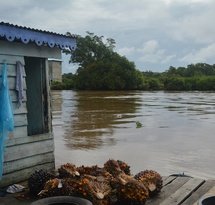
Photo Blog - Like many communities in Indonesia, life in Semanga Village, West Kalimantan, revolves around a river. The 90 or so houses follow the curving bank of the Sambas River, each with a path down to a small pontoon where fishing traps and baskets are stacked and boats are tied.
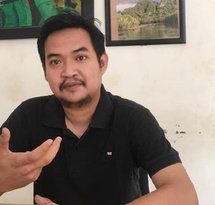
At the end of November, the organisations WALHI South Sulawesi (part of Friends of the Earth) and Both ENDS filed a formal complaint with the Dutch export credit agency Atradius DSB. Despite the warnings from local communities for the negative consequences of a land reclamation project in the bay of Makassar, Atradius DSB advised the Dutch government to provide dredging company Boskalis with insurance for the execution of the project. The consequences for the fish stock, the beach and the lives of thousands of small-scale fishing communities are severe. Atradius DSB has not sufficiently investigated these harmful consequences beforehand.
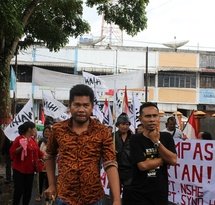
Earlier this month, we learned that Golfrid Siregar, an Indonesian environmental lawyer working for our partner organisation WALHI died under suspicious circumstances. We call for a thorough and transparent investigation and have brought the case to the attention of the Indonesian embassy in The Hague and to the Netherlands' embassy in Jakarta.
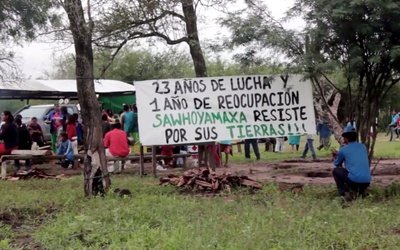
Indigenous communities in Paraguay saw their attempts to regain their ancestral lands thwarted by German investors. In Indonesia, US-based mining companies succeeded to roll back new laws that were meant to boost the country’s economic development and protect its forests. This is the level of impact that investment treaties can have on social, environmental and economic development and rights. Why? Because of the ‘Investor-to-State Dispute Settlement’ clauses that are included in many such treaties.
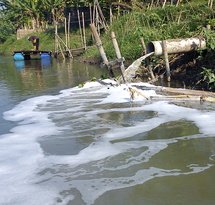
The water quality of East Java's largest river, the Brantas River, is increasingly deteriorating due to a combination of industrial and household waste. This environmental pollution has a disproportionate impact on women. Yet, their participation in decision-making remains lacking. ECOTON is working to improve the situation.
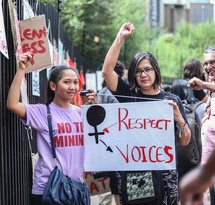
Mining often has a huge and devastating impact on the environment, including water, air and forests. It can profoundly affect nearby communities, not only by harming local ecosystems, but also by exacerbating or provoking societal tension. In many places across the globe, women are leading resistance to mining and the 'extractivist' model.

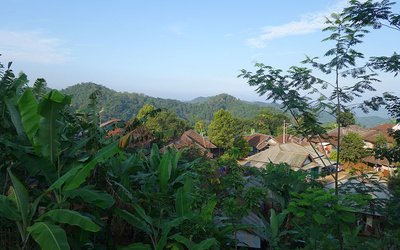
Photoblog - In 2016, the state forest around the community of Kasepuhan Karang, in Java, Indonesia, was transformed into customary lands. With these newly acquired land tenure rights, the community has started initiatives to use their land in a sustainable and inclusive way. What this means for the community in terms of livelihoods and food security, became clear during a field visit at the start of the Global Land Forum 2018.
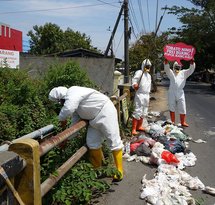
From the first moment I arrive in Surabaya, I enter the rollercoaster called ECOTON. I'm visiting them to get to know the work of this long-time Both ENDS partner, and have only three days for this. But ECOTON does a lot, and all of it at the same time. Tirelessly, they work on the protection of the Brantas River.